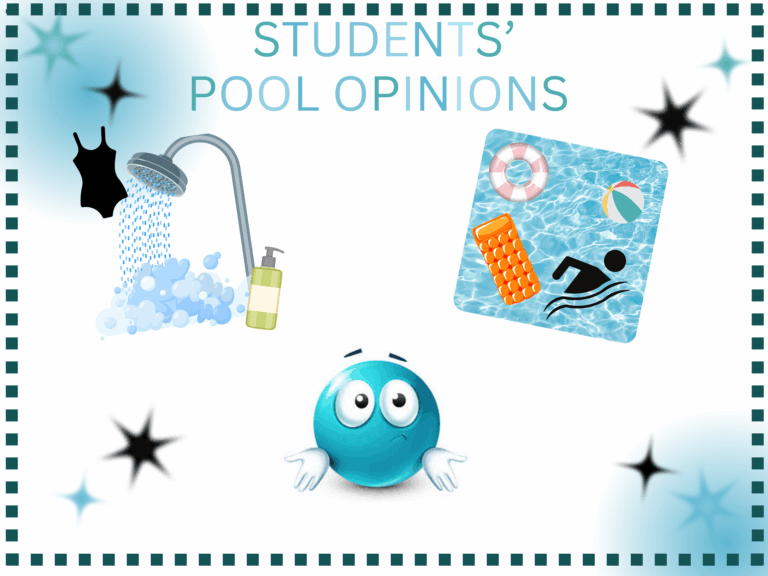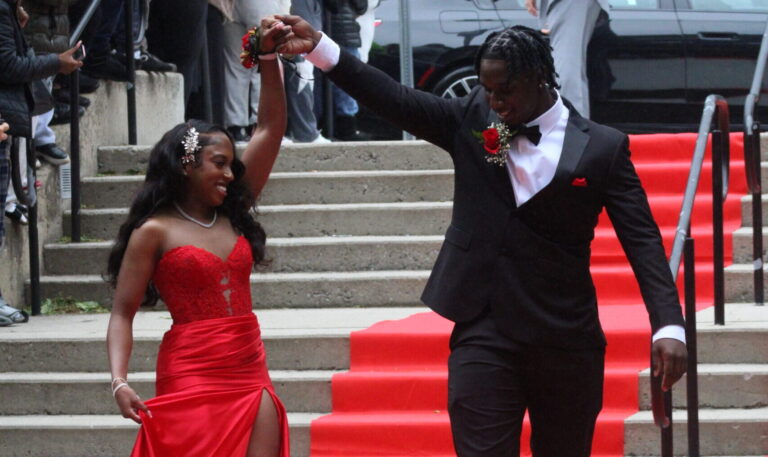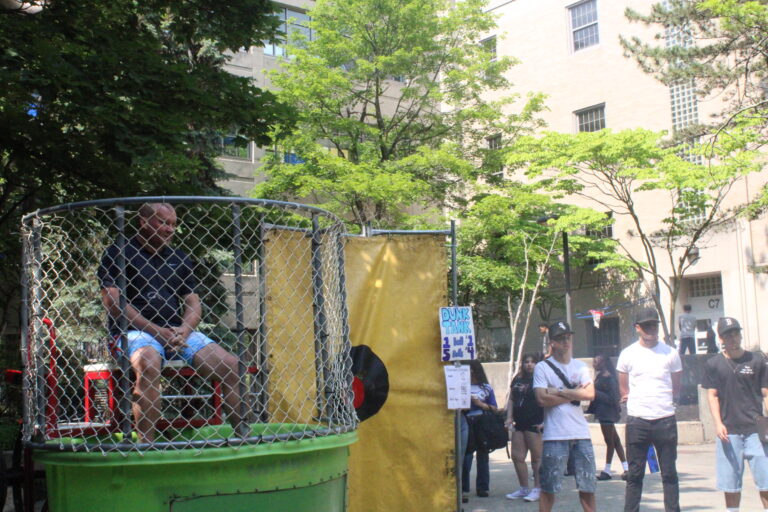
Skam series title card. Photo courtesy of Wikimedia Commons.
Skam, which translates to “shame” in english, is a Norwegian teenage drama series written and directed by Julie Adem, that focuses around a new character and their central conflict(s) every season. Skam first aired September 25, 2015 on Norway’s broadcasting company NRK. Shortly after, the show became widely popular on social media platforms like Instagram, Tumblr, and YouTube.
In addition, the show broke records in Norway becoming the most viewed show on NRK. It also broke records in Sweden, with over 25 million plays on a Swedish streaming website SVT Play, as well as Denmark and Finland with scoring the most viewers for its first episode. The show even began to gain popularity in the U.S.
The first scene in the first episode starts off with a heavy speech by Marlon Langeland’s character Jonas Noah Vasquez. Jonas argues that today, the society we live in is a capitalist one where some people around the globe have to work minimum wage jobs to live. Children and adults alike are exploited by factories in third world countries just to survive, while first world countries (the luckier few) have the opportunity to advance and thrive in a modernist society.
Despite this speech, season one does not focus on Jonas, but instead his girlfriend Eva Kviig Mohn who is played by actress Lisa Teige. Skam follows Eva and her boyfriend’s rocky relationship. At the start of her first year the transition from lower secondary to upper secondary school has been quite difficult for Eva, as she struggles to make new friends and be able to formulate opinions of her own. Soon enough, she does make a great group of friends, but she still makes various mistakes throughout her first year, which sadly causes her to break up with her boyfriend. They still remain on good terms as he understands that she is still trying to figure out who she is. Skam’s season one shows the importance great friendships and is an important coming of age story on how it is okay to change in order to find out who you are.
The next season follows one of Eva’s closest friends, Noora Amalie Sætre (played by Josefine Frida Pettersen). Season two captures the ideas of feminism and attempts to get rid of the taboos associated with it. The show displays Noora as well as other female characters gaining the confidence to up to misogynistic male teens who use girls for sex and female teenagers who call other girls ‘sluts’. In addition, the show circles around heavy ideas of sexual assault and eating disorders. Out of all these season of Skam this probably had to be the most difficult to watch as it focused around challenging but important topics such as rape. It also drives home the concept of kindness, and being kind to others for you may not know what they are going through
The third season revolves around the idea of identity–or more precisely homosexuality. The new central character, is one of Jonas’s closest friends, Isak Valtersen (played by Tarjei Sandvik Moe). Before the third season it has been foreshadowed that Isak might be gay, for the other characters have become suspicious in previous seasons. Isak meets a third year called Even Bech Næsheim (played by Henrik Holm) and they immediately have a connection. But like any other relationship on the show, as beautiful as it may be, there are certain weeks when they struggle together for Even holds problems of his own. Season three is a beautiful story about coming out, the struggles of self acceptance, and mental illnesses. This season of Skam gained the most popularity amongst the fans and was amazing to watch Isak learn to accept who he is. The relationship between Isak and Even is beautiful and the storyline is amazing to watch unfold on screen.

The final season of the series is it the fourth one. This season’s central character is Sana Bakkoush a recurring character throughout seasons one through three. But she plays a prominent role in the final season. She seems to be the villain, but is ultimately the saving grace of the group. Season four focused on Sana’s struggle with being muslim in Norway where the majority of the population is white. She deals with the battle of either not being “muslim” enough or not being “Norwegian” enough in her society. Accepting who she is as a person is hard for Sana for she encounters ignorant and flat out racist people who feel as if they are obligated to tell her how to live her life. Yet, throughout the show she continuously tries her best to educate those around her- a heavy task for a teenager but an important one to Sana. Also, the show covers areas on cyber bullying, the consequences your actions have on those around you, and love between religious and nonreligious people.
The season ends like it started–a speech from Jonas. The speech is directed toward Sana and is written by her friends. The speech covers the amount of hatred there seems to be in this world and applauds Sana for never giving up and continuously fighting for her beliefs no matter how hard it may be. Unlike the speech at the start of the show, that seemed to focus on everything wrong with the world, the final speech understands that there is prejudice, but realized that “as hate grows, fortunately love does too.” This season is wonderful to watch as we learn more about Sana and are able to watch her grow.
Yes, this show has great meanings and lessons every season but what makes this low-budget series so popular in not only Norway but countries around the globe?
The answer is simple, not only does it have an amazing soundtrack but it appeals its teenage audience much differently than most teen dramas. The show displays the reality of how teenagers look like. The actors who play these roles are actually teens, unlike a lot of popular shows and movies today, where twenty to thirty year olds play sixteen year olds in high school. Skam doesn’t have crazy high beauty standards either. Characters come in various body shapes, and races. The show doesn’t attempt to cover the actors blemishes either, properly portraying how many teens look. Most characters even have an Instagram making it much easier for fans to connect with them.
Another beautiful thing about Skam is the amount of character growth each person experiences. Isak for example was problematic at the beginning of the show and even through season three, yet as the series progresses he becomes more educated on topics such as religion, homosexuality, and mental illness. The characters are layered, showing the complexity of teenagers. Teens make mistakes and so do these characters, but the most important thing is that they learn from them. Skam is able to take tough subjects and bring them into the light.
In addition, for a lot of the performers on the show this has been their first major project but honestly you wouldn’t be able to tell. Their acting is so spot on and the chemistry the actors have between one another is beautiful to watch. Henrik Holm describes him and Tarjei’s connection a natural one in a YouTube interview with a fan and it honestly is. The whole cast connects with each other so well.
In conclusion, Julie Adem wrote a beautiful show and characters who didn’t get a season deserve recognition as well (Vilde, Chris, Magnus, etc.). The show has been such a phenomenon that Adem will be making a remake in Austin, Texas hoping that American teens will be able to relate to the show like Norwegians have. Remakes in Germany, Spain, Italy, the Netherlands and France have already started to take place. It’s very exciting to be able to see the impact Skam has on places around the globe.




